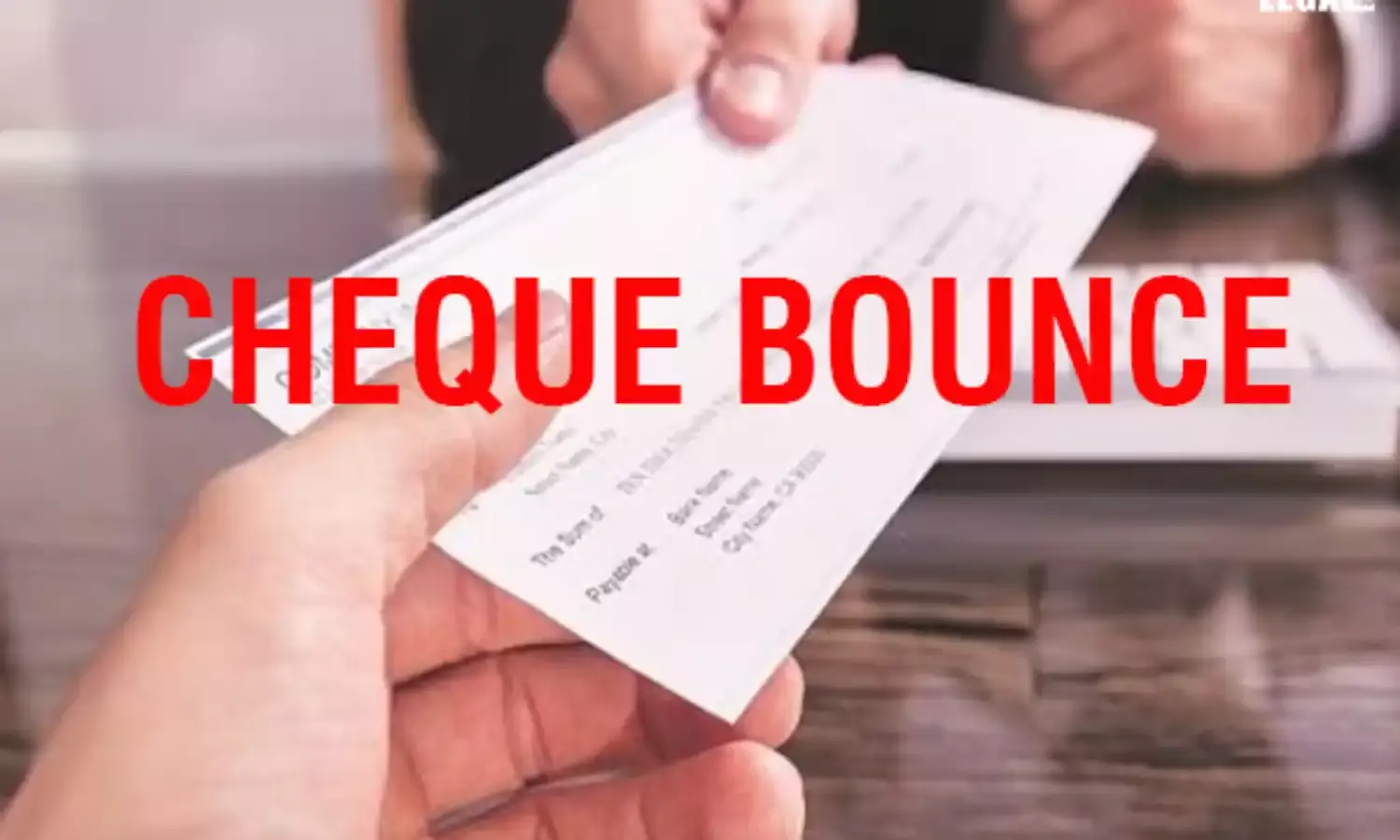Kerala High Court: If Company Is Acquitted Of Cheque Bouncing, Director Not Vicariously Liable Under NI Act
The bench set aside the order of the appellate Court and allowed the revision petition of the managing director;

Kerala High Court: If Company Is Acquitted Of Cheque Bouncing, Director Not Vicariously Liable Under NI Act
The bench set aside the order of the appellate Court and allowed the revision petition of the managing director
The Kerala High Court has held that when a company is not convicted for the offence of cheque bouncing under Section 138 of the Negotiable Instruments (NI) Act, 1881, its directors cannot be held vicariously liable for the same offence.
The bench of Justice Sophy Thomas had made the observation in Afsal Hussain v KS Muhammed Ismail & Anr cheque-bouncing case, while allowing a revision petition filed by the Managing Director (MD) of a private company, Omnitech Information Systems Pvt. Ltd, against his conviction by a Kottayam Court.
The Court stated, "When the company is found not guilty of the offence alleged, the managing director cannot be held vicariously liable for the offence.”
The complainant had accused the private company and its directors, including the MD, of inducing him into investing Rs.10 lakh. However, the company later failed to return the money and issued a cheque in February 2000, which allegedly bounced due to insufficient funds.
Despite sending a notice, the accused company, and the directors, did not respond. It prompted the complainant to file a complaint under the NI Act.
The Trial Court convicted all the accused, but the Appellate Court acquitted the company and other directors, except the MD. However, it reduced the penalty imposed on the latter to imprisonment till the rising of the Court and a fine of Rs.10 lakh.
It led the MD to file a revision petition before the High Court against the decision of the appellate Court.
Justice Thomas noted that the bounced cheque was not issued by the MD in his personal capacity. Therefore, if the company was acquitted, the MD could not be held personally liable for it.
While relying on the Pramod vs. Velayudhan case, the bench stated that even under Section 141 of the NI Act, when a company was found not guilty of the offence, the MD could not be held liable under Section 138.
Thus, the Court set aside the order of the Appellate Court and allowed the MD’s revision petition.
The petitioner-MD was represented by advocate CP Peethambaran.
Public Prosecutor Renjith George appeared for the State government.


